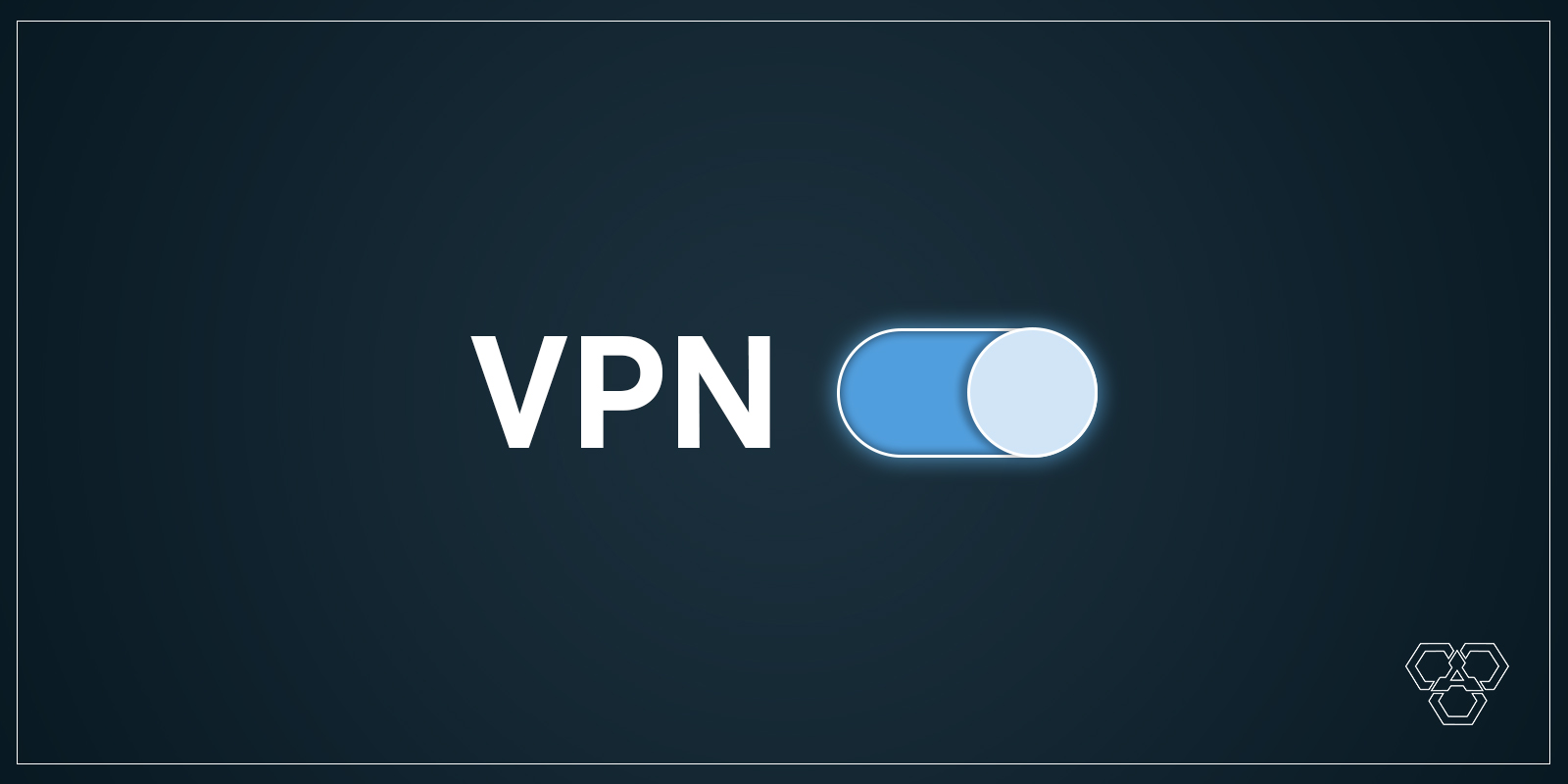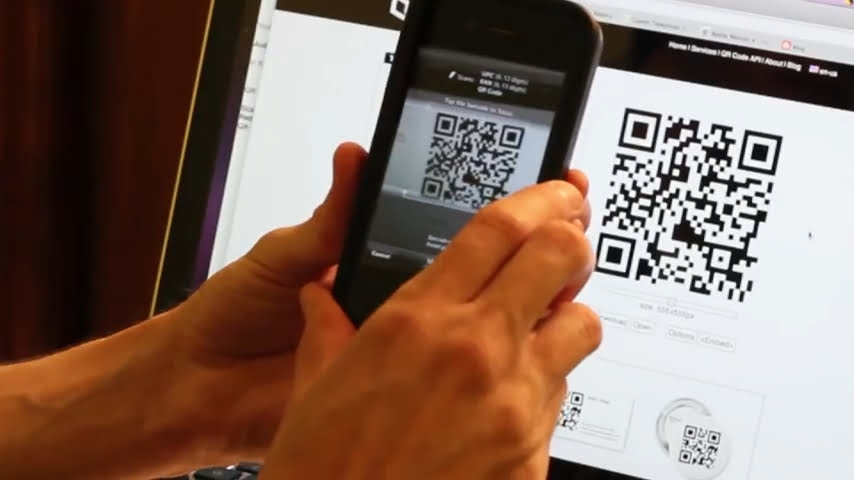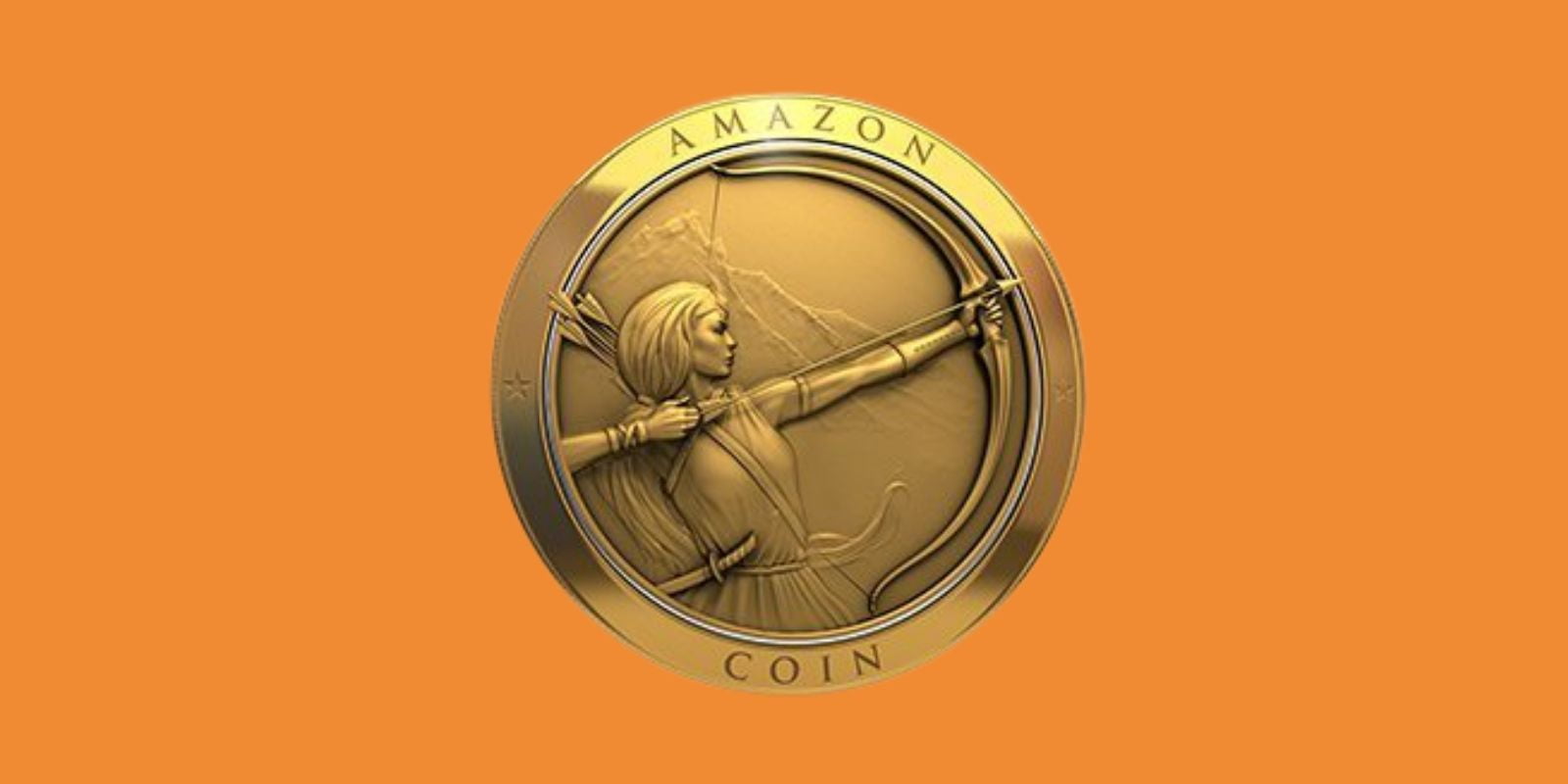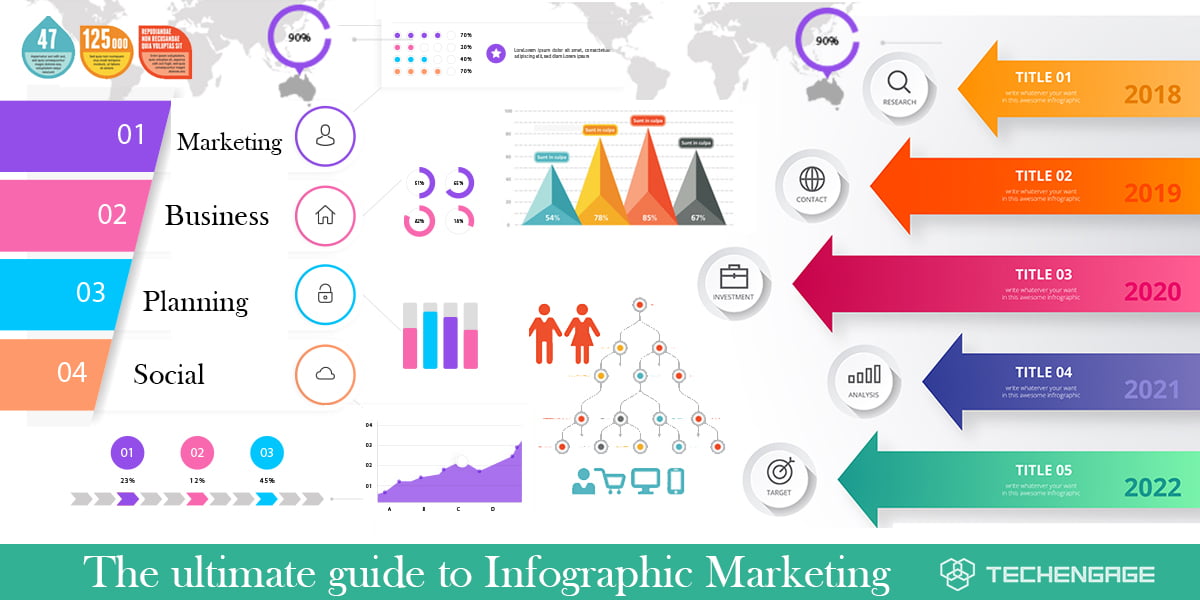Close your eyes, and imagine what your life would look like without the internet. The world without Netflix, Uber, Amazon, Wikipedia, and so many, many more. Is it even possible to imagine such a life? Probably not.
And while the internet is a fantastic resource, it also has its darker side. The web is full of hackers, malware, viruses, and a significant number of other cyber-threats. There are also many controversies regarding our online freedom and privacy.
Unfortunately, even though most people know about these online threats, they still don’t do enough to secure themselves properly. Moreover, many don’t even use reliable antivirus software and believe that incognito mode makes them invisible.
Virtual Private Networks have suddenly become a massive part of online life across the world. When used properly, these tools can guarantee privacy and keep data safe and sound – including your browsing history, emails, torrents, and streaming content.
But before you start selecting VPNs and enjoying the benefits they bring, it’s vital to understand more about what they are and how they work. That way, you’ll be in a high position to choose the right provider and to use your VPN in a way that maximizes your privacy.
Table of contents
What are VPNs: A brief introduction
The name “Virtual Private Networks” contains a few clues about what these tools do.
Firstly, they are “virtual.” This means that they create a simulation of a private network, using the infrastructure of the conventional web.
Secondly, they are “private.” When they create virtual networks, VPNs use techniques like encryption and tunneling protocols to create a barrier between your data and the rest of the web. So it’s much harder for external agents to detect what you are doing online.
Finally, they are “networks.” VPNs tend to maintain large communities of servers, with locations dotted all over the world. By routing user traffic through these servers, they can change the user’s online location and assign anonymous IP addresses.
Most of the time, VPNs take the form of clients – applications that create an interface between computers or smartphones and the provider’s servers. These clients apply protocols to build tunnels, which are at the core of any Virtual Private Network.
Case study
It might be easier to describe this system via a case study, so here goes. Mullvad VPN is a leading provider.
In this case, the provider uses a protocol called OpenVPN (one of the most advanced around) and AES 256-bit encryption to wrap up data in packets that hackers can’t untangle.
Users head to the Mullvad homepage to pay for an account using cryptocurrency and sign-up anonymously. So they leave no trace of their identity at any stage.
Mullvad operates 282 active servers around the world, in countries as diverse as Australia, Bulgaria, and South Africa. When you fire up the client, you can pick which server you connect to, and your IP address is instantly re-routed to show your location in that country.
How do VPNs work?
Those are the basics, anyway. Let’s dig a little deeper and discuss a few critical elements of a good VPN. When you pick a provider, you’ll come across these factors, so it pays to know what they refer to.
Encryption
Encryption refers to the way Virtual Private Networks convert unprotected data into packets that are very hard to unwrap. The best AES encryption tools use extremely complex ciphers (algorithms that allow users to encode and decode their data).
Only users with a specific “key” can unpack encrypted data, and these keys are routinely changed every few minutes in most cases.
So far, we aren’t aware of crackers successfully breaking an AES-256 bit cipher, so look out for this specification when choosing a provider.
Servers and speed
VPNs differ dramatically in the size of their server communities and the speeds they deliver. Users can expect some degree of slowdown. It’s suspicious when speeds aren’t slightly dented. In those cases, inadequate quality protection could mean that your provider is making no difference at all.
As a general rule, the more servers, the better. That way, you’ll be more likely to find a fast connection. More importantly, you’ll have maximum options regarding anonymization.
If you want to use a VPN to work around Netflix geo-blockers, this is essential. So double-check server numbers before paying for anything. Right providers like NordVPN maintain thousands of servers. So why compromise?
Leak protection
Leak protection is another vital consideration. When VPNs change your IP address, they don’t just have to route your traffic through a distant server. They also need to ensure that your original IP details aren’t “leaked” to external observers.
Be careful here. If VPNs don’t explain how they deal with IP or DNS leakage, stay well clear. And be sure to test your IP address after loading up your client. If it hasn’t been changed, it’s time to pick a different provider.
Clients and devices
Good VPNs also offer easy to use clients with plenty of options. For instance, they should come with “kill switches,” which cut out your VPN protection if problems arise. And they should offer a choice of protocols, proxy services, and even the chance to limit VPN protection to specific applications.
Additionally, the right providers cater to multiple devices and platforms. Look for companies which let you connect with five or more devices (especially if you’re buying for a family), and apps for Android and iOS phones, alongside Windows or Linux.
The difference between free and paid for VPNs
Finally, we need to mention free VPNs. When you come to choose a provider, you’ll almost certainly be tempted by free providers. In some cases, this might work out. But, generally speaking, free VPNs offer a sub-standard service.
Free providers are more likely to leak your IP address, often incorporate adware or malware into their clients, and offer weaker encryption. So we’d recommend investigating paid-for providers if you’re serious about online privacy.
Advantages of using a VPN
If you want to be sure that your data stays secure and your activity is hidden from intrusive eyes, you should consider using a virtual private network (VPN).
As such, a VPN is still crucial to keep you secure. Without having your VPN on at all times, you are putting your very identity at risk.
Of course, there are plenty more uses for a VPN than security from hackers. And what are its advantages? You’ll find them below.
1. Get unbiased news
If you have learned anything from the discourse surrounding online media, you will know that we each live in an echo chamber. The nature of journalism has changed, with news outlets relying on advertising more than ever.
For this purpose, more money is made by targeting people directly. Sensationalism works, but anger works better. News that riles you up is news that makes money, and so the discourse becomes increasingly divisive. There is less space for other opinions, and simply by virtue of your internet history, you are led to fixate on some news while completely missing other news.
In 2020 we have learned just how dangerous this is. People are getting information about a deadly virus from news outlets and political commentators rather than doctors and scientists. In the US, the consequences are stark. Views on the virus are largely divided based on politics.
With a VPN, you can get news without the bias of your online history. You can break out of an echo chamber, which is becoming increasingly claustrophobic.
2. Freedom of expression
We generally associate censorship with countries like Russia and China. The idea that a government might profile you based on what you say online is something only their citizens have to deal with.
However, in 2020 that is no longer true. Fear of consequences simply for expressing oneself has spread to countries like India, Hong Kong, and Indonesia. But, most shockingly, it is weighing on people in the US as well.
Regardless of what you think about Black Lives Matter protests, tracking protestors using facial recognition and their online data is frightening. A VPN won’t prevent you from what you express in your own name on social media, but it can help you engage in discussions without disclosing exactly who you are.
3. Freedom of access
This extends to freedom of information as well. While both India and the US governments may want to ban TikTok for fear of Chinese surveillance, this does bring up difficult questions about censorship. These bans can prevent people from receiving information. It’s a slippery slope to more stringent censorship like what is practiced in countries like China and Russia.
4. Increased Privacy
Everything you do online is visible. It doesn’t matter whether you use incognito mode or not, your IP address stays the same, which means anyone can track you and your online activity. That can be annoying, especially if you value your privacy.
Here’s where a VPN service comes in. It hides and disguises your IP address by guiding all your internet traffic through a remote, separate server. It masks it with the server’s IP address, making it virtually impossible to track your activity.
What’s more, because of that, it adds an extra layer of defense from ad-trackers and phishing attacks. As a result, a VPN will make your downloads more secure and private.
5. Access to Geo-Restricted Content
If you want to gain access to HBO Max in the UK or the American version of Netflix to watch the shows you wish to, it might be impossible due to the geographical restrictions. Well, that is unless you use a VPN connection.
Yes, you’ve read it correctly. Using a VPN service will give you access to geo-restricted content. All you need to do is connect to the server located in the country where the content you want to see is available.
A VPN also allows you to bypass any government restrictions and censorship so that you would be able to use Facebook in China or WhatsApp in the Middle East.
6. Data Encryption
If you travel a lot, you probably have to use a public internet network to stay in touch with the world. But using an airport, hotel, or restaurant WiFi is a risky business. Even if the connection is password-protected, hackers can easily intercept your data.
If you want to make sure your personal information and files stay safe, using VPN services is a must. A VPN encrypts your data traffic and creates a hidden tunnel for your online activity. It ensures your private information stays, well, private.
What’s more, a VPN will increase your data security when you transfer it from one device to another. In fact, many businesses use it for that purpose.
7. Cheaper Travel
It’s one of the less obvious benefits of a VPN, but using one can help you spend less on travel. All because airlines and online travel companies tend to manipulate their prices depending on your location.
You can use a VPN to connect to the server located in the country with less expensive living costs and access cheaper airline tickets. Compare different prices by logging into other VPN servers and pick the best option.
This option may also work when booking a hotel, an organized trip, or renting a car.
8. Affordable Price
With so many benefits, you’re probably wondering how much such luxury can cost. Well, you don’t have to worry about that. For a few bucks a month, you’ll gain access to every feature a VPN offers you. That makes it much cheaper than antivirus software and other cybersecurity tools.
Also, there are free VPN providers, but they’re not as reliable and offer a far more limited number of features. What’s more, if you still worry about the money, almost every legitimate VPN provider offers free trials and a money-back guarantee.
Summary
There are so many benefits that come with VPN that it’s hard to count them all in one article. In addition to the examples given above, a reliable VPN will also provide you with:
- Better performance
- Access to the Tor network
- Improved security of online gaming
- Better prices when shopping online
A VPN ensures you have access to any information, whether or not your government wants you to see it. It also keeps you safe from surveillance, so you can counter the potential to be tracked by foreign governments.
A VPN is more important than ever before in 2023. The world is changing every day, but the need for cybersecurity is not going away.
What’s more, you can use a VPN on any device so that you can make sure your data stays safe even when you browse the internet via phone.
Keep in mind, though, that using VPN will not make you immune to every cyber-threat you encounter when using the internet. It’s an extra layer that will boost your online experience, privacy, and security. And if that doesn’t convince you why you need a VPN, nothing will.




Share Your Thoughts